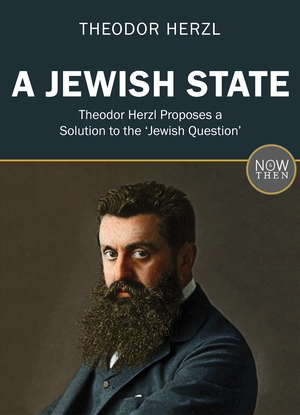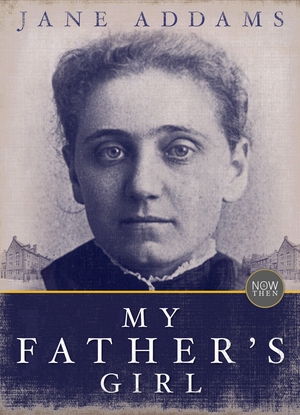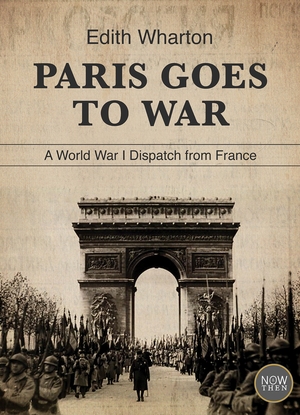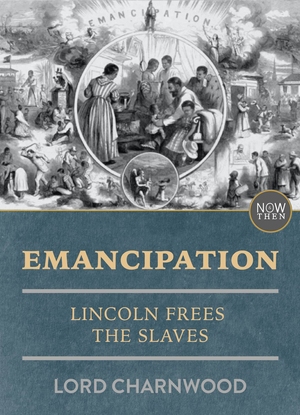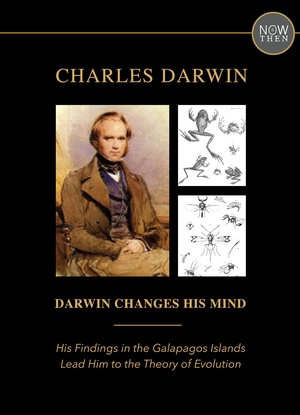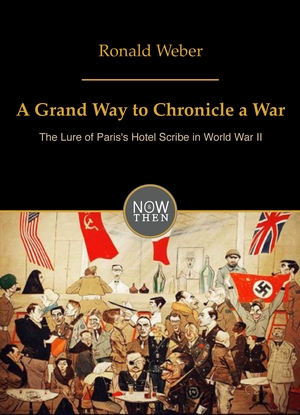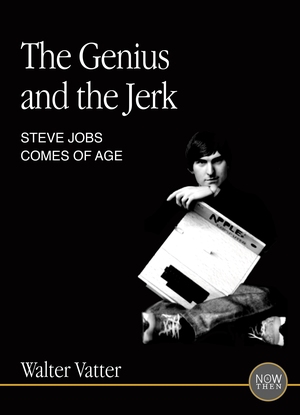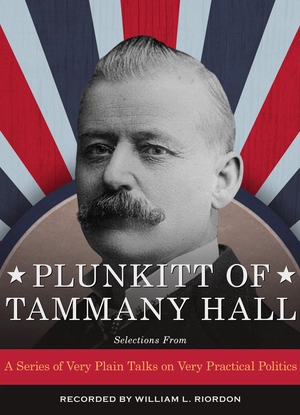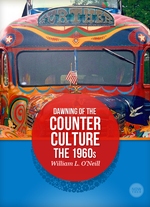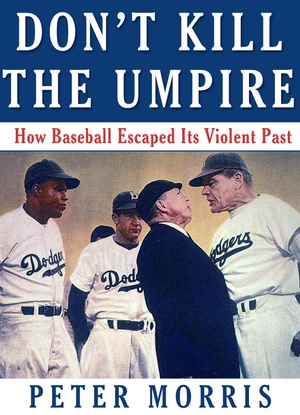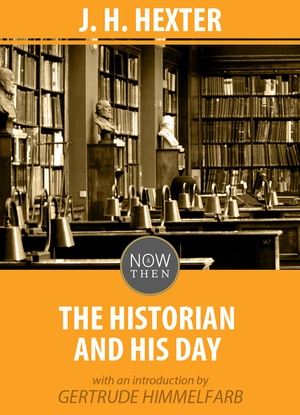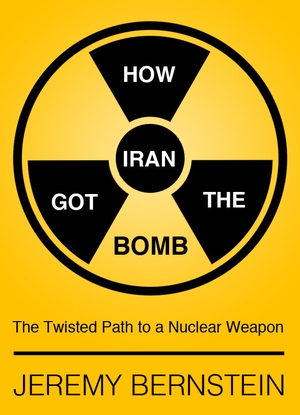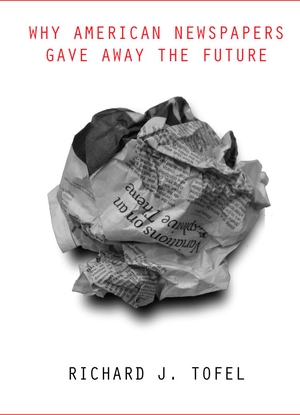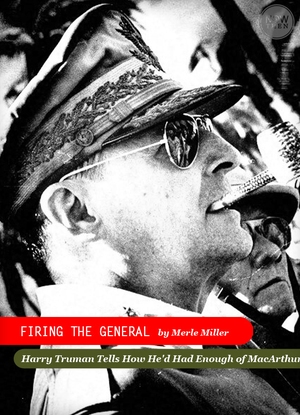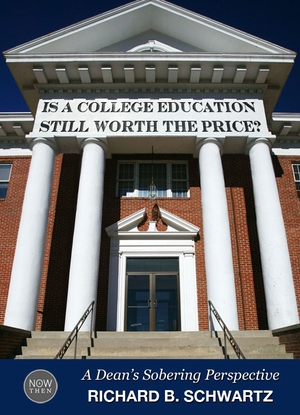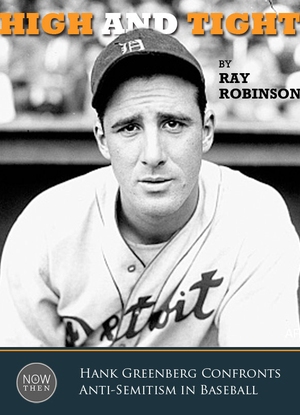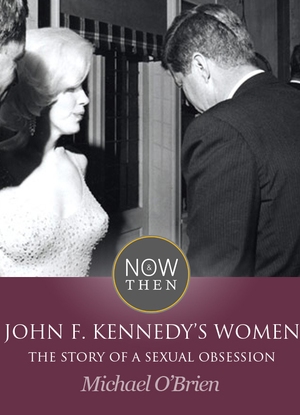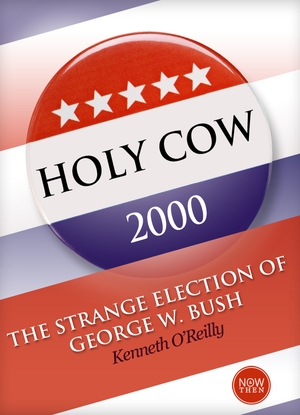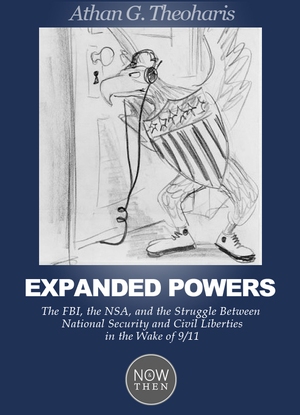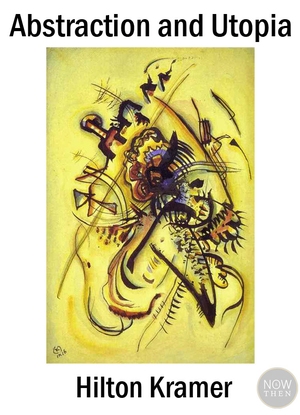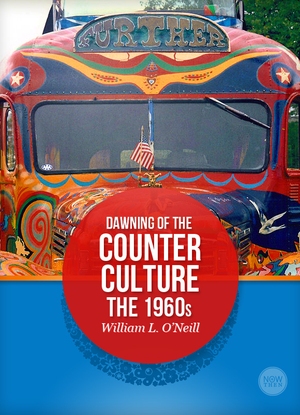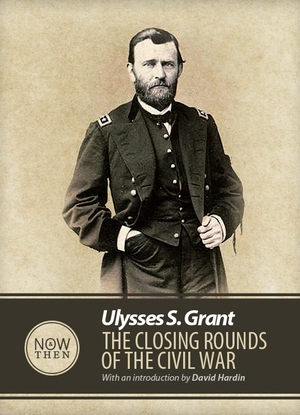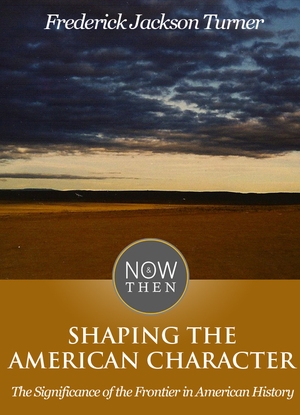Kindle Books
Now and Then Reader publishes short nonfiction Kindle books. With a selection of original nonfiction titles, excerpts from forthcoming nonfiction books and reprints of nonfiction work we feel deserves to be read again, Now and Then Kindle books are focused on material that is historically based but also has relevance for our world today. Now and Then Kindle books are quick reads, ranging in length from 5,000 to 25,000 words or approximately 15 to 60 book pages and are also available on the Barnes and Noble Nook, Apple iPad and other popular mobile devices. To learn more about Now and Then Kindle books, please browse the selection of titles highlighted below.
How Baseball Escaped Its Violent Past
by Peter Morris
U.S. History, Sports History, Essays, SportsBaseball was not always a game of quiet courage played by gentlemen, as Peter Morris shows in this fascinating historical profile of the rise and fall of violence as a part of our national pastime.
How Medical Activism Has Inflated the Diagnosis of Prostate Cancer and Depression
by Stewart Justman
United States History, U.S. History, Medical HistoryHow the quest for early detection of prostate cancer and depression has led to mass screenings, which in turn have revealed an incidence of disease that is beyond common sense and cautious medical practice. The entire process has led to patients who have been not helped but damaged.
by J.H. Hexter
Introduction by Gertrude Himmelfarb
Essays, HistoriographyHexter's subject—the nature of the historical enterprise—raises the perennially vexing question of past- and present-mindedness in the writing of history. It addresses that issue in a notably down-to-earth, commonsensible, personal manner.
The Twisted Path to a Nuclear Weapon
by Jeremy Bernstein
United States History, Political Science, European History, Military History, American History, U.S. History, U.S. GovernmentJeremy Bernstein traces the circuitous route by which Iran secured the expertise to develop a nuclear capability. Since Iran’s program appears to be aimed at weapons production, he concludes, the time of decision for action is fast approaching.
by Richard J. Tofel
United States History, European History, Military History, American History, U.S. History, EssaysAn insider’s assessment of the precipitous decline of large city papers in the United States, and the newspapers’ response to their problems, by an experienced newspaper executive.
Harry Truman Tells How He'd Had Enough of MacArthur
by Merle Miller
United States History, Military History, American History, U.S. History, U.S. GovernmentNo episode in the Truman years caused a greater uproar than his firing of Gen. Douglas MacArthur during the Korean War. MacArthur wanted to expand the war; Truman sought a limited conflict. The always candid former president explains what happened.
A Dean's Sobering Perspective
by Richard B. Schwartz
United States History, EducationA former dean looks at American higher education and finds the value of a college education now highly problematic. With an insider's knowledge, he describes the hidden costs behind exploding tuition costs that are creating a two-tiered society.
Hank Greenberg Confronts Anti-Semitism in Baseball
by Ray Robinson
United States History, U.S. History, Sports HistoryWhen Hank Greenberg challenged Babe Ruth’s home run record he became a hero to American Jews. On the 100th anniversary of his birth, Ray Robinson remembers the man, the player, and the prejudice he overcame.
The Story of a Sexual Obsession
by Michael O'Brien
United States History, American History, U.S. HistoryLargely under the radar during Kennedy’s White House years was the president’s womanizing. O’Brien details Kennedy’s near-pathological approach to women and sex, then beyond the farthest reaches of the media’s imagination. Here is an astonishing piece of presidential history.
by Kenneth O'Reilly
United States History, Political ScienceThe contested election of 2000 that brought George W. Bush to the White House was filled with a strange sort of drama. But, as historian Kenneth O’Reilly shows in this fresh recounting, it was even stranger than we know.
The FBI, the NSA, and the Struggle Between National Security and Civil Liberties in the Wake of 9/11
by Athan G. Theoharis
United States History, American History, U.S. History, U.S. GovernmentAthan Theoharis considers the record of the past to assess today’s broadened powers for the FBI and the NSA after 9/11. He concludes that Americans may feel marginally safer, but at a dangerous cost to their freedoms and to the tenor of our political dialogue.
by Hilton Kramer
Art History, European HistoryHilton Kramer explains abstract art's early ties to utopian politics, locating its initial development among the Russian avant-garde, the De Stijl movement in the Netherlands, and the German Bauhaus, and exploring the ideas of these pioneers.
by William L. O'Neill
United States History, American History, U.S. HistoryAs William O’Neill makes us realize, the 1960s was a time like no other America has ever known. In this appraisal of its “new” culture, he conveys all that was inspired, phony, large-spirited, dreary, mad, magnificent, screwed-up, delightful, and confused about the period.
by Ulysses S. Grant
Introduction by David Hardin
United States History, Military History, American History, U.S. HistoryUlysses S. Grant takes the reader onto the battlefield and behind the lines in his account of the final actions of the Civil War.
The Significance of the Frontier in American History
by Frederick Jackson Turner
United States History, American History, U.S. HistoryTurner here lays out his “frontier thesis,” which remains one of the key interpretations of American history. He argued that the circumstances of life on the western frontier were a determining influence on American character and institutions.
